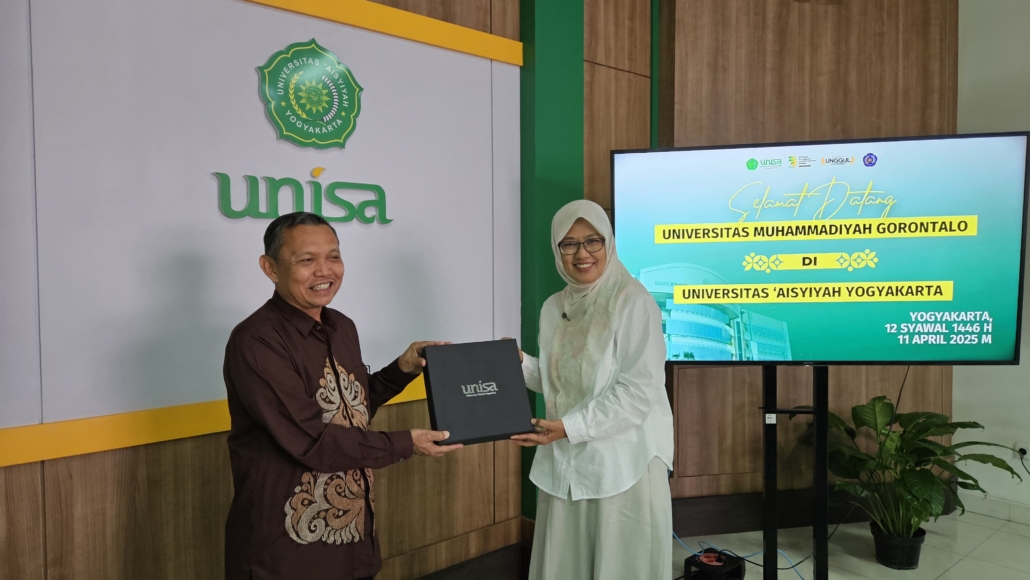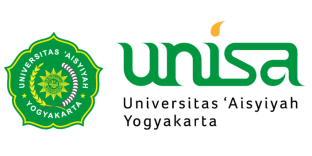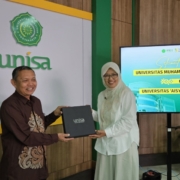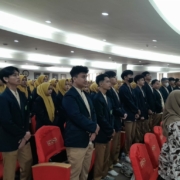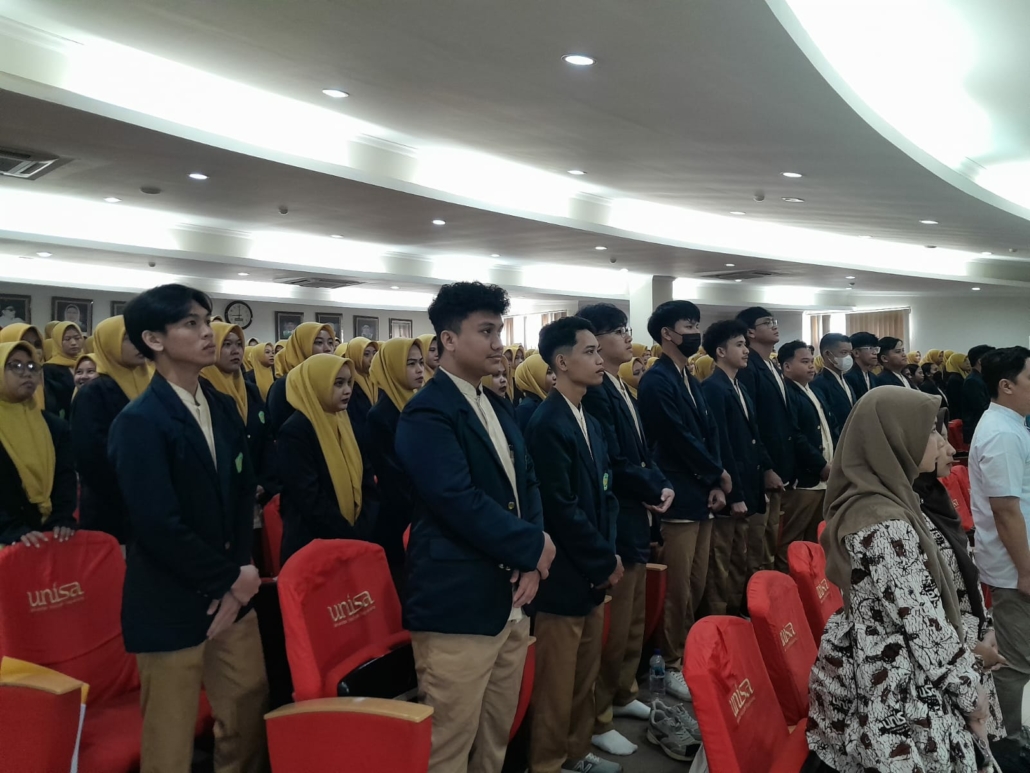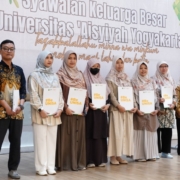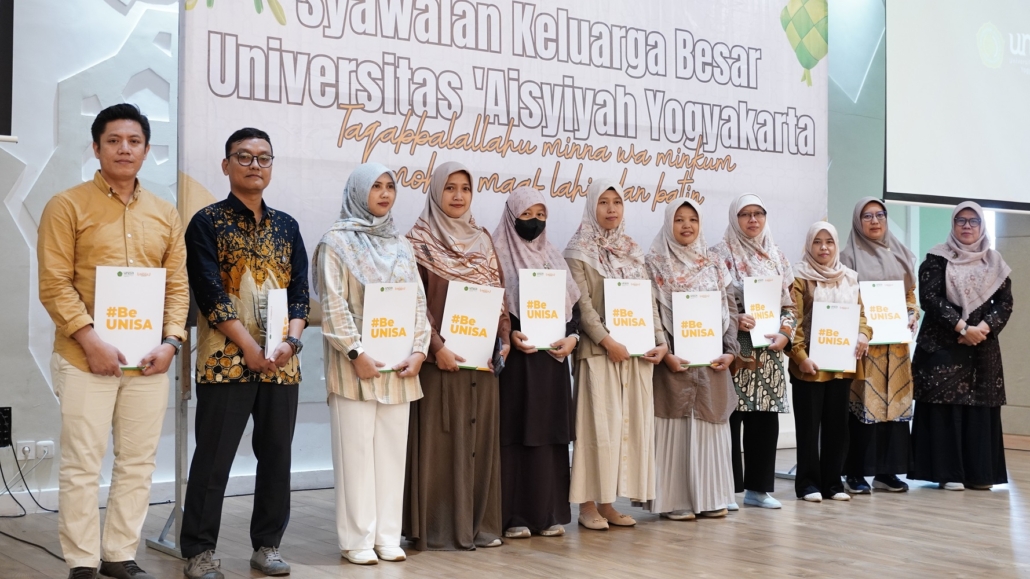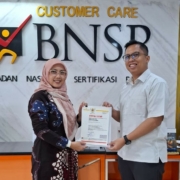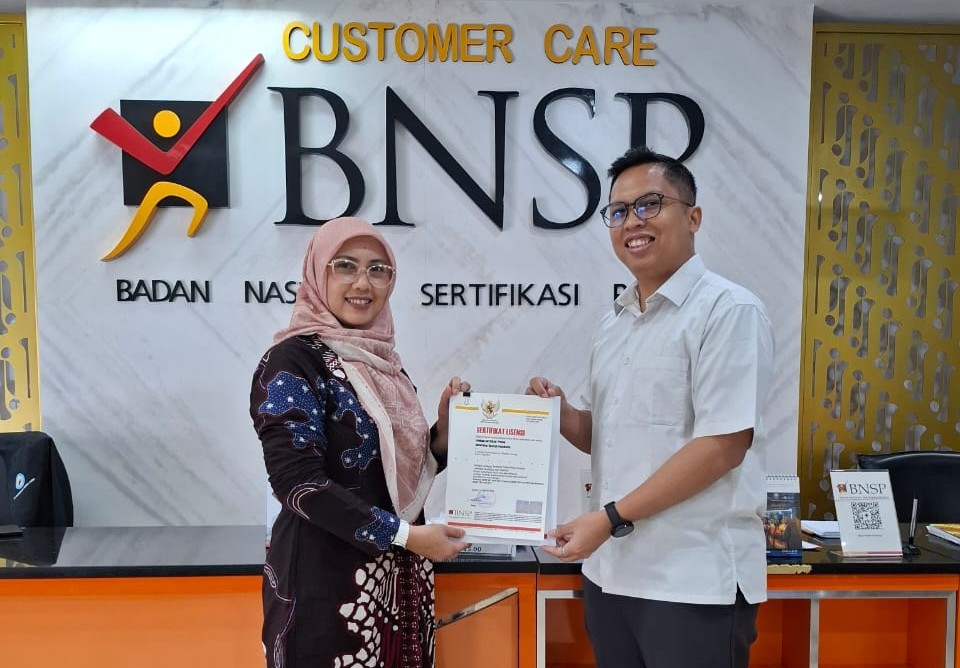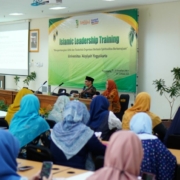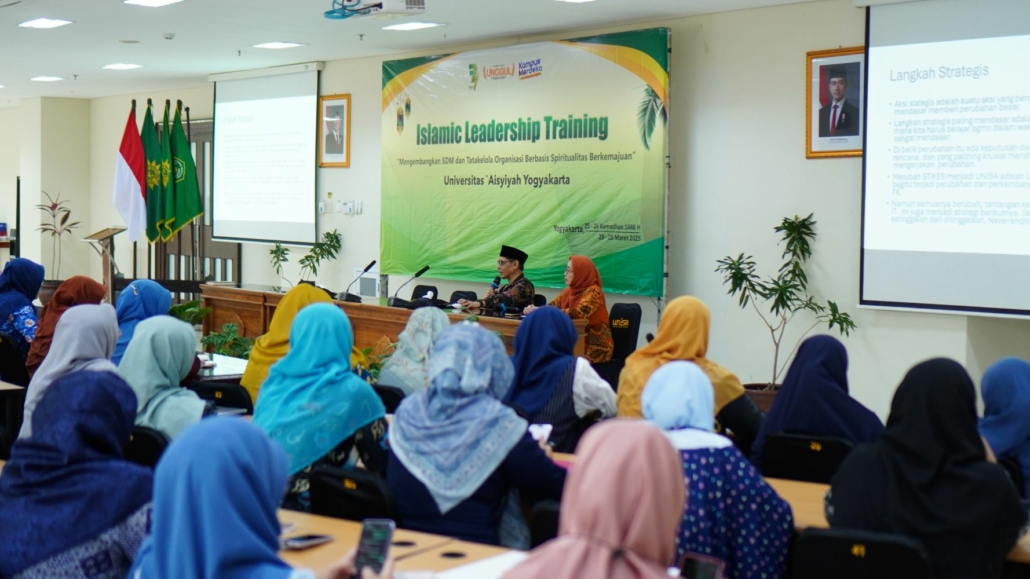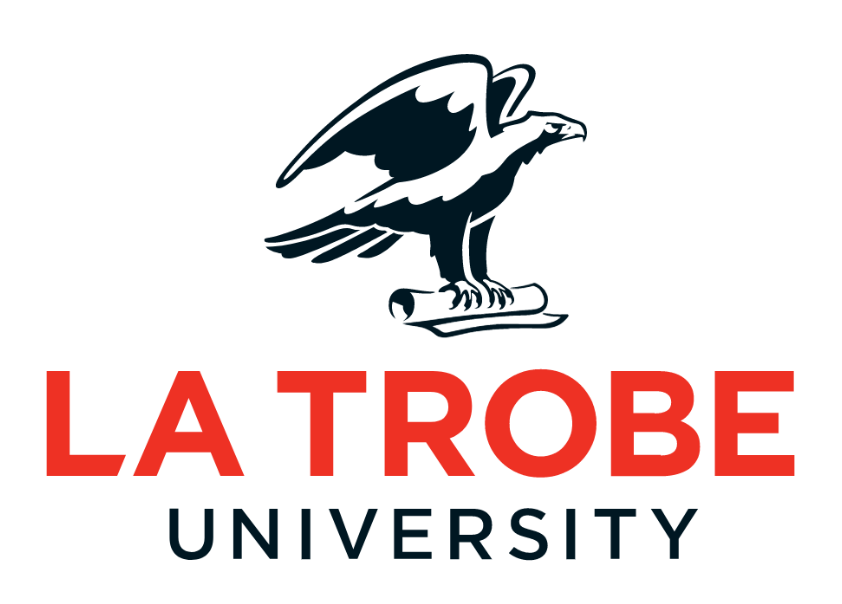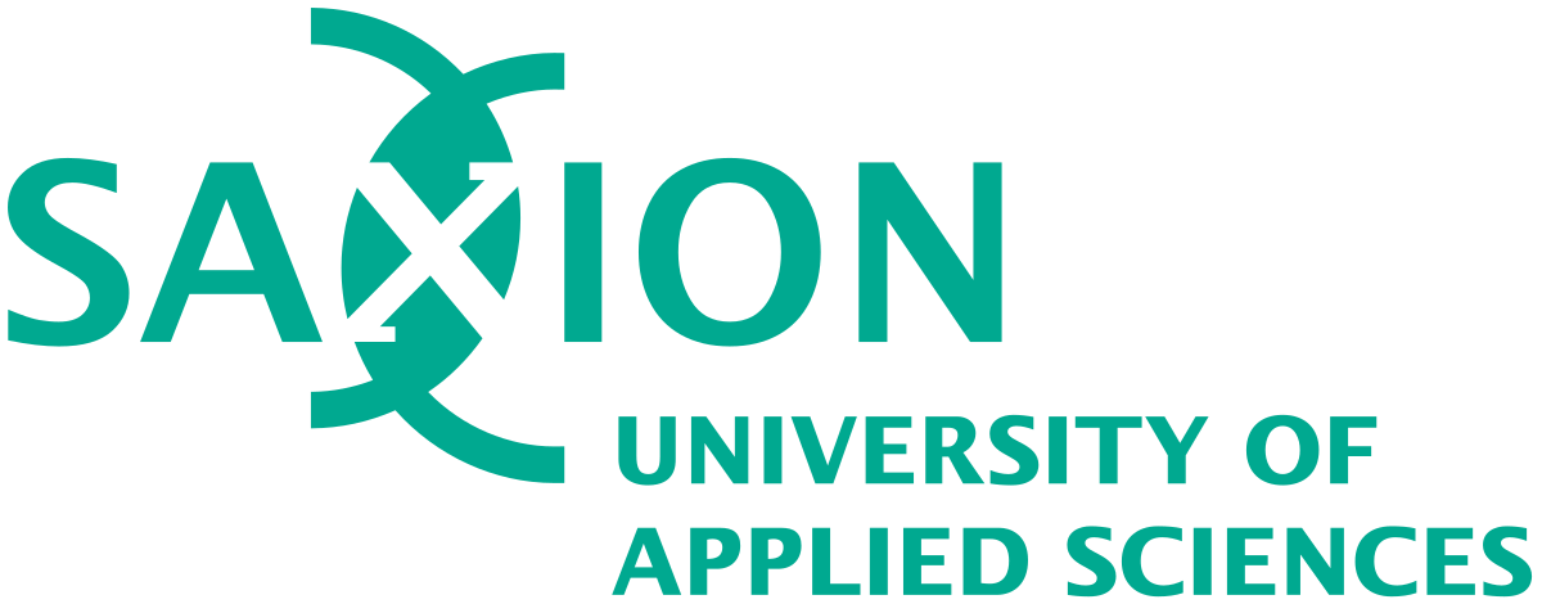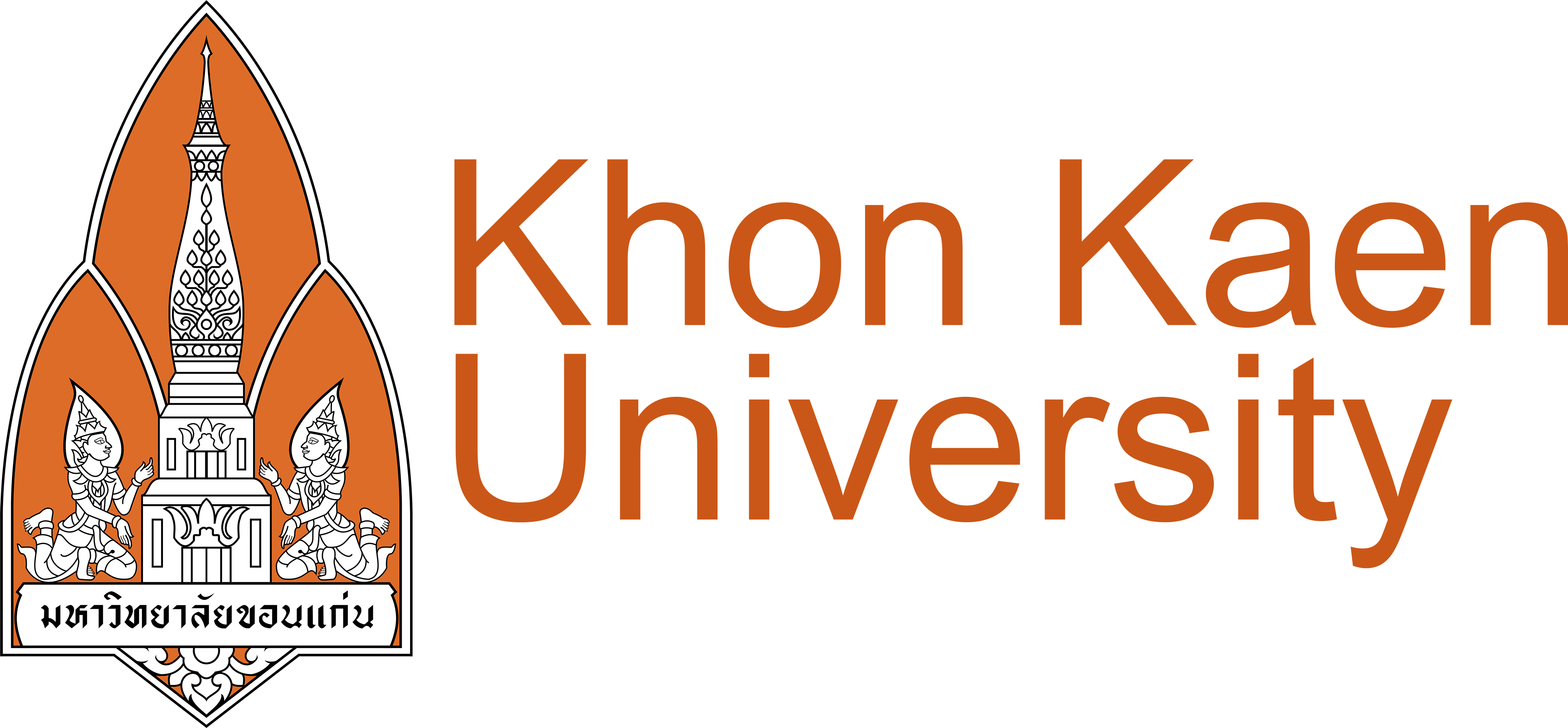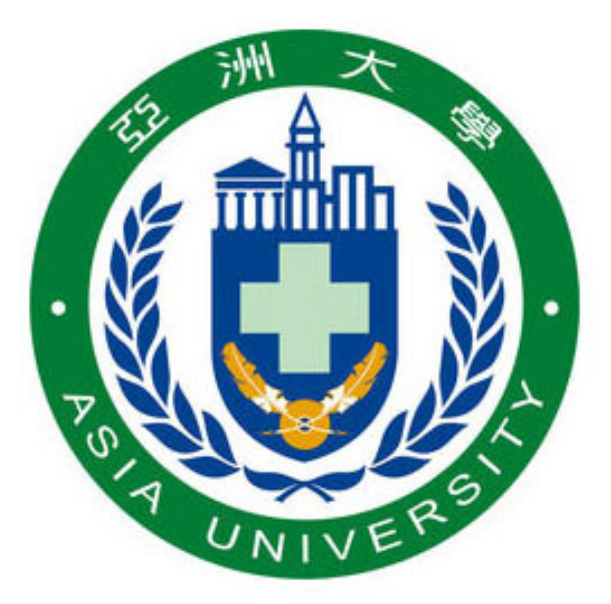Rector of University of Muhammadiyah Gorontalo (UMGO), Prof. Dr. Abd Kadim Masaong praised the leap made by University of ‘Aisyiyah (UNISA) Yogyakarta so far. UNISA Yogyakarta is considered to have grown fast in recent times.
“The leaps of UNISA Yogyakarta are much faster than other new universities. The first time I came there was only this building (one building). The second visit was already crowded. On the third visit, there is already a magnificent mosque,” said Kadim, during a mock study to UNISA Yogyakarta, Friday (11/4/2025).
Kadim appreciated the struggle of UNISA Yogyakarta so far. According to him, this achievement cannot be separated from the role of the Rector of UNISA Yogyakarta, Dr. Warsiti, S.Kp., M.Kep, Sp.Mat., and all her staff.
Kadim also explained that his visit this time was not only to follow up on the Memorandum of Understanding (MoU) but also to conduct a mock study related to the plan to open new study programs in Medical Laboratory Technology and Anesthesia Nursing.
“UNISA Yogyakarta, Alhamdulillah, is developing very fast and well, so we invited our colleagues from the Faculty of Health Sciences of Muhammadiyah Gorontalo University to conduct a mock study. Hopefully this cooperation will further strengthen Gorontalo Muhammadiyah University,” said Kadim.
From the discussion with the Rector of UNISA Yogyakarta, Dr. Warsiti, S.Kp., M.Kep, Sp.Mat. and her staff, Kadim admitted that he gained many things. “Alhamdulillah, there is a lot (gained from the discussion). We are assisted by human resources, we have many discussions related to campus development,” he said.
Warsiti welcomed the visit from UMGO. She hopes that this friendship will be sustainable and beneficial. According to her, UNISA Yogyakarta’s current achievements cannot be separated from the role of all parties, the extended family at UNISA Yogyakarta. “My friends ran amazingly, I also encouraged them. The number of students is now almost 9,000,” said Warsiti.
Warsiti said that UNISA Yogyakarta’s Faculty of Health Sciences (Fikes) is indeed one of its flagships. She also welcomed the copycat study, especially to develop the Faculty of Health Sciences at UMGO. “We will support what is needed, including human resources,” said Warsiti.
